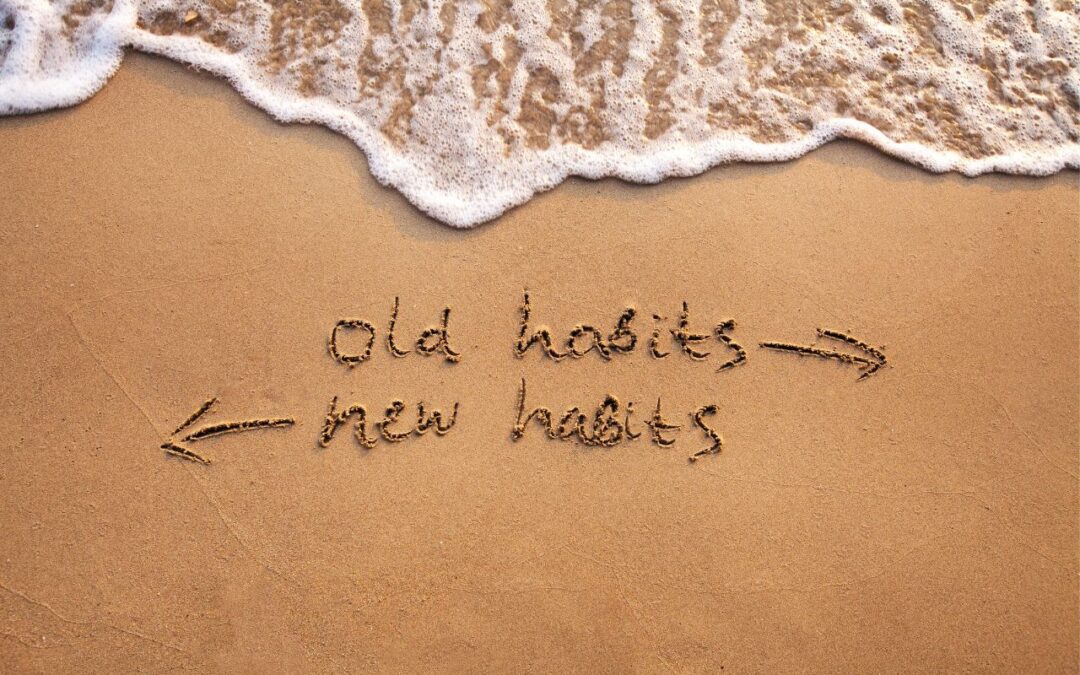In the realm of health and nutrition, the concept of caloric balance is a fundamental pillar that plays a pivotal role in achieving and maintaining a healthy weight and overall well-being. Understanding caloric balance can empower you to make informed decisions about your diet, exercise, and lifestyle. In this blog post, we will explore the concept of caloric balance, why it matters, and practical tips for managing your caloric intake to support your health goals. So, let’s dive into the science and art of caloric balance and learn how it can be your compass to a healthier life.
What Is Caloric Balance?
Caloric balance refers to the equilibrium between the number of calories consumed through food and beverages and the number of calories expended through basal metabolic rate (BMR) and physical activity. It can be expressed as follows:
Caloric Intake – Caloric Expenditure = Caloric Balance
Understanding this balance is essential for both weight management and overall health. Let’s explore the significance of caloric balance in these areas.
The Significance of Caloric Balance
1. Weight Management
Positive Caloric Balance: If your caloric intake exceeds your expenditure, you are in a state of positive caloric balance. This leads to weight gain as excess calories are stored as fat.
Negative Caloric Balance: Conversely, when you consume fewer calories than you expend, you are in a state of negative caloric balance. This results in weight loss as your body uses stored energy (fat) to meet its needs.
Neutral Caloric Balance: When caloric intake equals expenditure, you are in a state of neutral caloric balance. This means your weight remains stable.
2. Overall Health
Caloric balance is not solely about weight management. It’s also vital for your overall health. Consistently consuming more calories than you burn can lead to an increased risk of chronic health issues like obesity, diabetes, and heart disease. On the other hand, chronic caloric deficits can lead to nutritional deficiencies and decreased energy levels.
Achieving and Maintaining Caloric Balance
The key to caloric balance lies in finding a balance that suits your unique needs and goals. Here are some practical tips to help you achieve and maintain a healthy caloric balance:
- Caloric Awareness: Begin by tracking your caloric intake and expenditure. There are many apps and tools available to help you with this.
- Balanced Diet: Focus on consuming nutrient-dense foods, such as fruits, vegetables, lean proteins, whole grains, and healthy fats. These foods provide essential nutrients without excess calories.
- Portion Control: Be mindful of portion sizes to prevent overconsumption, and pay attention to your body’s hunger and fullness cues.
- Regular Physical Activity: Engage in regular exercise to increase your caloric expenditure and maintain a healthy body composition.
- Consult a Professional: If you’re struggling to achieve your caloric balance goals, consider seeking guidance from a registered dietitian or healthcare professional.
Conclusion
Caloric balance is the linchpin of weight management and overall health. Whether you’re working to shed a few pounds, maintain your current weight, or simply feel more energetic and vibrant, understanding the balance between your caloric intake and expenditure is vital. By fostering awareness, making informed food choices, and leading an active lifestyle, you can master the art of caloric balance and pave the way to a healthier, more fulfilling life. Remember, it’s not just about the numbers; it’s about finding the balance that works for you and aligns with your long-term well-being.





0 ความคิดเห็น